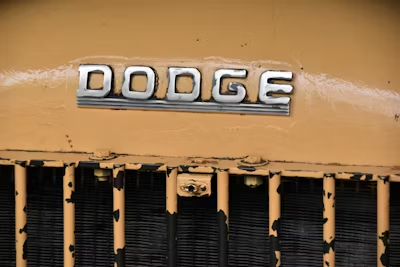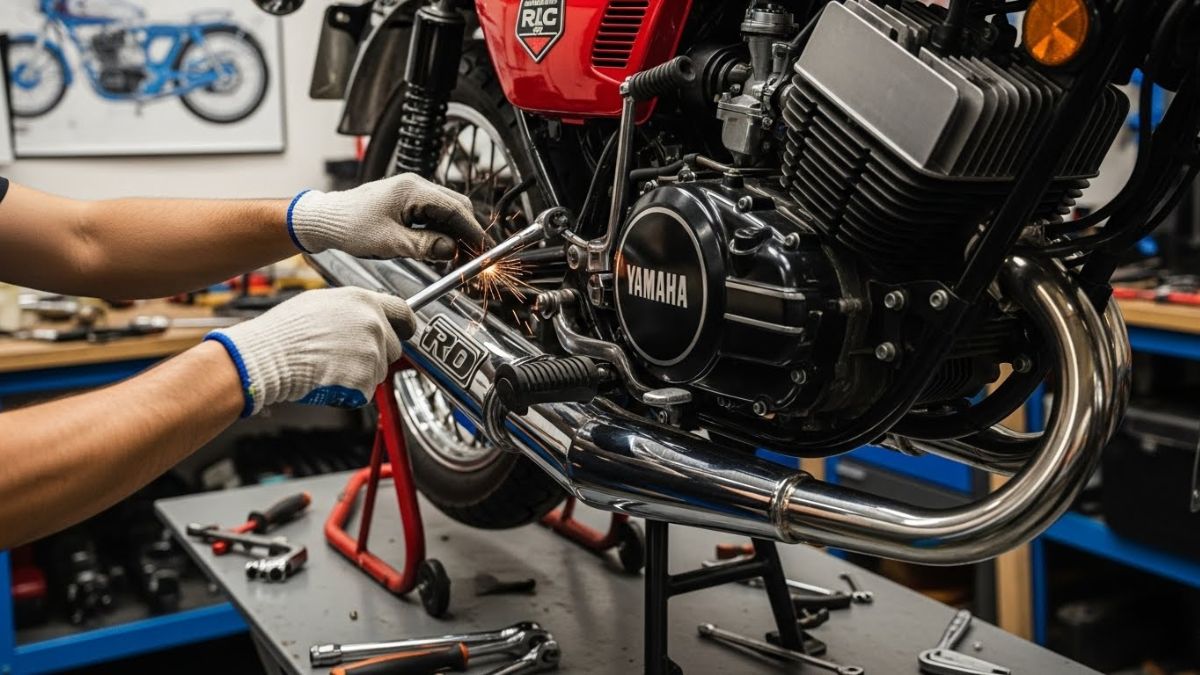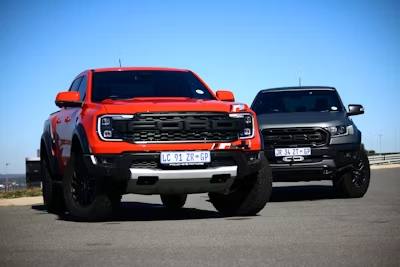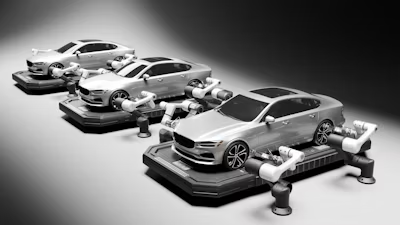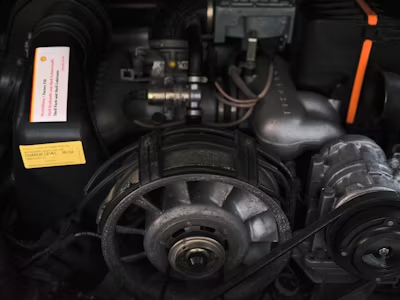When it comes to getting behind the wheel of a new Dodge vehicle, one of the most important decisions you’ll face is whether to lease or buy. Each option offers its own set of benefits and drawbacks, and the right choice depends largely on your financial goals, lifestyle, and driving habits. Whether you’re considering a muscle car like the Dodge Charger or a family-friendly SUV like the Dodge Durango, understanding the pros and cons of leasing versus buying is essential. If you’re shopping around Mobile, Alabama dealerships, it’s important to walk in with a solid understanding of what each financing option entails so you can make the best choice for your situation.
1. Cost Comparison: Upfront and Monthly Payments
One of the most immediate differences between leasing and buying a new Dodge car is the cost structure. When you lease, you’re essentially paying for the depreciation of the car during the term of the lease, rather than the full purchase price. This typically translates to a lower down payment and more affordable monthly payments compared to buying.
For example, if you lease a 2025 Dodge Charger, you might only need to put down a few thousand dollars and make monthly payments that are significantly less than if you had financed the vehicle outright. Buying, on the other hand, generally requires a larger down payment, especially if you’re aiming to secure favorable loan terms.
However, when you purchase, each monthly payment contributes toward eventual ownership of the car. After you’ve paid off your loan, the vehicle is entirely yours, and you no longer have a car payment—something lease agreements don’t offer. Over the long term, buying usually becomes more cost-effective, but leasing provides a more manageable short-term financial commitment.
2. Ownership and Vehicle Equity
Leasing a Dodge car means you never actually own the vehicle. At the end of the lease term—typically two to three years—you’ll return the vehicle to the dealership, unless you choose to buy it for its residual value. While this lack of ownership can be seen as a downside, it also relieves you from the worries of resale value, depreciation, and long-term maintenance.
Buying, conversely, builds equity over time. Every payment you make reduces your loan balance and increases your ownership stake in the vehicle. Once the loan is paid off, you have full control over the car. You can continue driving it payment-free, sell it, or trade it in for another vehicle. For drivers planning to keep their Dodge for many years, buying makes more sense financially because of the long-term value.
3. Mileage Restrictions and Driving Habits
Mileage is another significant factor to consider when choosing between leasing and buying. Most lease agreements come with annual mileage limits—typically around 10,000 to 15,000 miles per year. If you exceed that limit, you’ll face additional charges per mile, which can add up quickly if you have a long commute or frequently take road trips.
Buying a Dodge vehicle offers far more flexibility. There are no mileage restrictions, so you can drive as much as you want without worrying about penalties. If you live in a sprawling area or travel frequently from Mobile, Alabama, this freedom can be a game-changer.
For low-mileage drivers, leasing can be an attractive option. You’re effectively paying for the use of the car during its most trouble-free years, and you can avoid long-term wear and tear. But for high-mileage drivers, buying is generally the more economical and practical choice.
4. Maintenance, Repairs, and Warranty Coverage
Maintenance and repair costs are another area where leasing and buying differ. Leased vehicles are typically new and under factory warranty for the duration of the lease term. This means you’re less likely to encounter major repair costs and may even receive complimentary maintenance from the dealership for a limited time. Driving a new Dodge under lease can give you peace of mind knowing that most mechanical issues will be covered.
However, buying a car means you’re responsible for maintenance and repair costs once the warranty expires. Over time, especially after the 3- to 5-year mark, maintenance expenses can increase as the vehicle ages. That said, if you’re diligent about regular maintenance, a Dodge car can last well beyond its loan term with relatively low annual upkeep.
Some buyers opt to purchase extended warranties or service contracts to cover potential repairs down the road. This can bridge the gap between the expiration of the manufacturer’s warranty and the end of your ownership period. While leasing offers simpler maintenance planning, buying provides long-term control over how, when, and where your car gets serviced.
5. Flexibility and Customization
Flexibility and the ability to customize your Dodge vehicle are often overlooked but crucial differences between leasing and buying. When you lease, you’re expected to return the car in excellent condition—close to how you received it. This means no permanent modifications, custom paint jobs, or major upgrades. Even something as simple as tinted windows may be scrutinized when you return the vehicle.
If you’re the type who loves to personalize your ride—whether it’s adding performance enhancements to your Dodge Challenger or installing a new sound system in your Durango—buying is the way to go. Ownership gives you full control over customization without fear of losing your security deposit or paying lease-end penalties.
Additionally, buying gives you the freedom to sell the vehicle whenever you choose, or to keep it as long as you like. Lease agreements are binding, and getting out early can come with steep penalties. If your circumstances change, such as relocating or switching vehicles more frequently, leasing might not provide the flexibility you need.
Conclusion
Choosing whether to lease or buy a new Dodge car comes down to understanding your financial situation, driving habits, and personal preferences. Leasing is ideal for those who want lower monthly payments, newer vehicles every few years, and minimal maintenance concerns. Buying, on the other hand, offers long-term value, customization freedom, and unlimited mileage.
When visiting Mobile, Alabama dealerships to explore your next Dodge vehicle, it’s important to ask yourself key questions about your lifestyle and long-term goals. Are you looking for short-term convenience or long-term ownership? Do you drive extensively or stay within city limits? Do you value flexibility and personalization, or do you prefer worry-free, predictable costs?
Whatever you decide, both leasing and buying have distinct advantages. By weighing the pros and cons carefully, you’ll be better equipped to drive off the lot in the Dodge that best suits your life—on your own terms.











